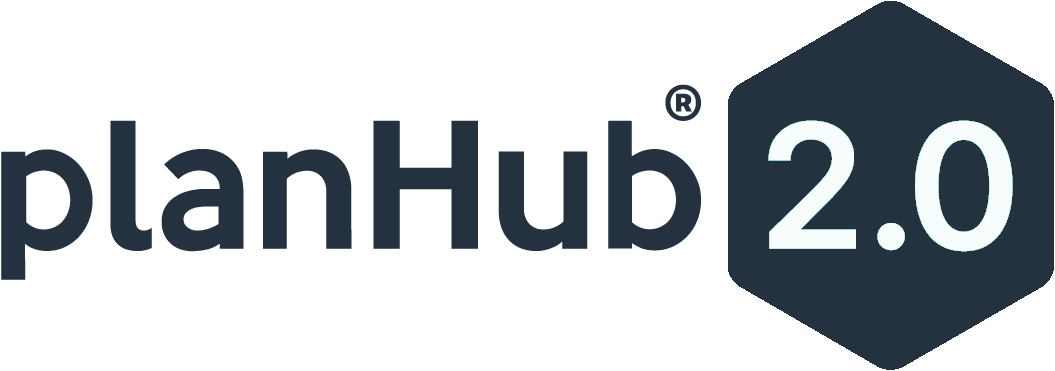Busy contractors need to have cash available to fund the steep expenses that come with starting a new job. But if payment on your current projects is delayed, it can spell trouble for the new work you’ve just secured. Having several financing options at your fingertips is a great way to stay nimble and grow your business.
Financing helps cash-strapped contractors by bringing in cash or delaying payment until cash flow improves. Unfortunately, there are a few things that make financing in construction unique:
a) Long payment delays
b) High up-front costs (materials, mobilization costs, equipment, etc.)
c) The many layers of contractors, subcontractors, and suppliers that payment needs to cover
Financing can be used to pay for job specific expenses and overhead business expenses. Some financing options are specific to only certain types of expenses, while others can be used to pay for any business expense. Let’s take a look at the many options contractors have for financing their business.
General expense financing
Bank loans
Bank loans can be used by contractors to fund a variety of business expenses. To apply for a loan, most banks require prepared financial statements and a good credit history. If you have decent financials and no major credit issues, you should qualify. The loan is usually paid back by monthly payments starting a few months after the loan is funded. Those with good credit and solid financial statements will pay a lower interest rate.
If you’re having trouble getting a bank loan, you may qualify for a Small Business Association loan.
The requirements are a little more lenient on these loans since they are backed by the federal government. The application process is more complicated, and you have to provide proof that you’ve been denied a traditional bank loan. SBA loans are given out by local banks, which makes the process convenient.
Line of credit
A line of credit is a loan issued by your bank that you only use when you need it. You have to apply for it ahead of time, so it’s a good idea to do this when things are going well. You’ll want to have it in place when you need it. It’s easy to use. Continue to spend from your regular checking account and the line of credit covers the overdrafts. The money is repaid according to the terms of the loan, and the cost will be based on your credit and financial history.
Credit cards
Applying for and using credit cards is quick and easy. Interest rates are generally higher with credit cards than other forms of financing, so you may want to shop around. These days you can find cards that give you cash back incentives, frequent flyer miles, and other bonuses. Choose one that has features you’ll use.
Invoice factoring
Invoice factoring involves selling your current and unpaid accounts receivable to a factoring company. You receive 70% – 80% of the invoice amount up front. Your customer pays the factoring company for the full invoice amount. Then you receive the remaining balance, less the factoring company’s fee. The benefit of using factoring is that there’s no credit check. The factoring company looks at your customer’s payment history, not yours.
Specific expense financing
Mobilization funding
If you’re looking for specific funding for expenses related to mobilization on a project, you can use mobilization funding. The funding covers expenses related to materials, payroll, supplies, insurance, bonds, and equipment. Repayment is structured around the project payment timeline, so you don’t have to worry about cash flow.
Equipment loans
If you’re looking to purchase a piece of equipment or a vehicle, you can apply for an equipment loan or automobile loan. Financing is provided by local banks or credit unions through the dealer or manufacturer. It usually requires a credit check, but the process is pretty simple and quick. Payback is spread over months or years, allowing you to avoid a heavy cash outlay upfront.
Trade credit
Trade credit accounts are a great way to finance materials purchases on a short-term basis. Vendors you purchase materials from give you credit as an incentive to shop with them. This type of credit usually involves a credit check, and they may want to review your financial statements. Payment terms are 30 to 45 days, allowing you time to get the cash together. Vendors will charge interest and late fees if payments aren’t made on time, and many offer discounts for early payments.
Material financing
Material financing companies provide longer-term loans specifically designed for purchasing materials. The process is fairly simple. You apply for a loan, and if you’re approved, the financing company pays the material supplier directly for your purchase. Material financing generally offers a longer-term payback period, some as long as 120 days.
Use these tools wisely
To keep your business running smoothly, it pays to have several financing options in your back pocket. Apply for a line of credit and credit card when things are going well, so you’re ready if an emergency strikes. Other financing options, like material and equipment financing, can be applied for and used as you need them. Make sure you have a solid plan to make the payments, or you could lose the equipment and your ability to borrow money in the future.





